Practicing
Make the Most of Your Practice Routine
Productively Practice Your Instrument
All musicians are united in the need for regular practice, whatever their instrument or skill level. Between rehearsals, performances, teaching lessons, and other adult responsibilities, classical musicians do not always have as much time to practice as they would like. Yet a longer practice is not always a better practice. Managing your practice well can ensure your routine makes the best use possible of what time you have. The Practicing section contains guidance on practicing your instrument more efficiently and effectively. Get advice on how to practice your instrument from the best classical musicians around the world.
Here you will find a variety of strategies related to practicing your instrument. Get inspired as successful musicians share their tips and tricks for learning new or difficult music, getting organized, tracking progress, analyzing music, memorization, and more. Additionally, through this page Music Master Lab shares the best recommendations on how to prepare for specific events, such as recitals, orchestra auditions, or recordings. Whether you are trying to tweak your regular routine, struggling with a difficult piece, or training for a tough audition, these articles will reveal everything needed to ensure you practice your instrument wisely and well.

The Relationship Between Mental and Physical Practice
While I do Mental work and Emotional work, I still do physical practice. Everybody will require a different amount of basic, fundamental physical work. And

Orchestral Audition Advice
Each audition you take offers an opportunity for learning and growth. While you do not have control over the outcome of an audition, you do
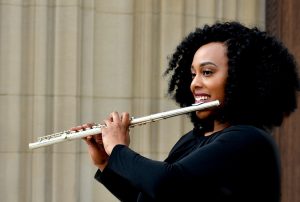
Practice Methods for Orchestral Auditions.
On average, a good practice session for me will be about three to four hours of work, broken up in chunks. I spend about 45

Mental and Emotional Practice as a Way of Extending Your Practice Efficiency
My approach to mental practicing began during a personal crisis. Right after school, I went to Paris, thinking I would be there for a year
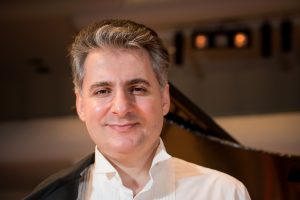
What Privileging the Learning Process Looks Like in the Practice Room.
How much a person should practice depends on their personal, physical needs. Some people don’t require much practice, and they were just born like that.
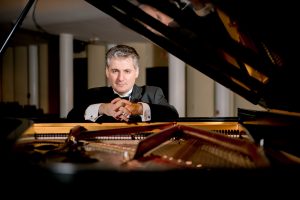
How Focusing on the Process of Learning Shaped My Approach to a Challenging Piece.
Reorienting your practice to the process of learning music and becoming a better musician could be more important than the performance itself. Classical musicians perhaps
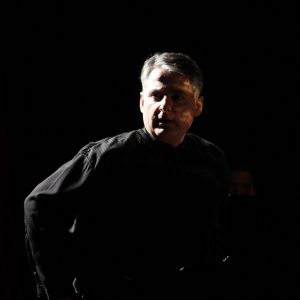
Learn How to Practice Your Instrument Focusing On the Process.
Learning Music is a never-ending process. It’s not about going from point A to point B; after all, you will eventually get there because music

Towards an Emotionally Satisfying Practice
Satisfaction is a very important concept that I try to get across when I do master classes and work with students. If you are struggling

Meditation and Free-Association in Mental Practicing
Once you’ve put a lot of information into your brain, we all know some of it sticks, some it doesn’t, and some of it sticks
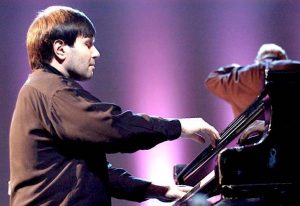
Improving Sound Quality on the Piano
How do I work on sound quality on the piano? My first response is to say: I don’t know. That’s probably how many of my

Mental and Emotional Practicing Relating to Memorization
I find that building emotional associations helps with memorization. Let’s say I’m working on a piece and it’s on the verge of being memorized, and
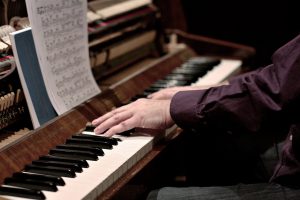
Improving Sound Quality on Piano with Students.
It’s important to me that my students are introduced to the music of Chopin and composers of his generation early because modern piano technique starts
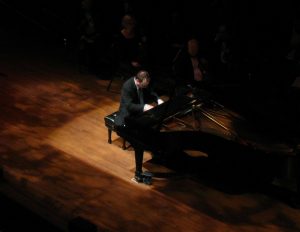
How I Worked to Improve my Tone Quality on the Piano.
When I graduated from conservatory, I realized I was unhappy with my sound on the piano. After much contemplation and discussion, I observed that my
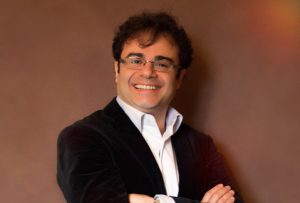
Facilitating Personal Growth for Musicians.
When I was finishing my conservatory degree at 18, I felt that something was wrong. Until that moment, although I did not recognize it at

Mental Practicing and Analysis
When I sit down with a score of a new piece I am learning, my mental practice is divided into two basic parts. First, I

Orchestral Audition Tips
For string players, when we are in college and grad school, orchestral excerpts are seen as somewhat auxiliary — we are busy learning all the
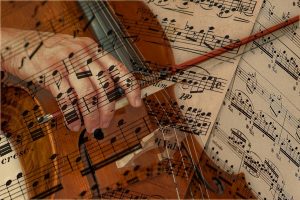
Strategies for Learning New Music and Measuring Progress
Outside of my orchestra gig, I perform in a fun contemporary music group called New Music Detroit. I love digging into freshly-written music by today’s
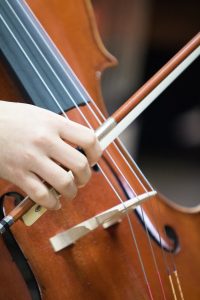
How to Practice Cello Efficiently
Practice Slowly. It is the number one rule of practicing. It may seem counterintuitive, but if you really want to learn how to practice cello
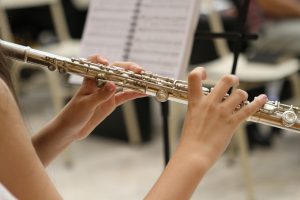
Practicing Fundamentals on the Flute.
Over time, I’ve learned how important practicing fundamental exercises (long tones, scales, études, etc.) can be to my musical well-being. Anyone trying to practice flute
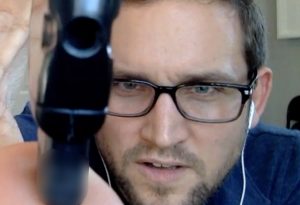
Getting Back in Shape for Clarinetists
Taking a break from practicing can be a healthy thing to do for many reasons, but getting back into great shape can sometimes be discouraging
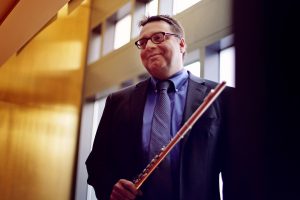
How to Memorize Music Quickly
If you want to work on memorization, start by listening to the piece every moment you have. Put on a recording when you first get

Making Memorization Part of Your Practice Routine
“You’ll never make a mistake if you never make a mistake.”- Julius Baker, a former principal flute at the NY Philharmonic and Juilliard faculty member.

Practicing Is an Art in Itself.
I tell my students all the time – the absolute biggest waste of time is practicing what you can already play. Even if you are
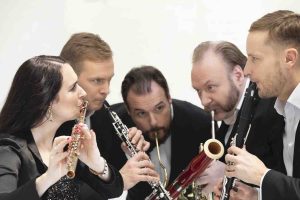
Wind Quintet Blend
We work on blend extensively in our ensemble. In a string quartet or a brass quintet all musicians produce sound in a similar way. A

Rehearsing as a Wind Quintet
It is very difficult to maintain a regular rehearsal schedule because we live in three different countries. We try to keep our concert schedule constant

How to memorize instrumental music
Carion Woodwind Quintet performs all their repertoire from memory. The physical movements they are known for help with memorization, as do the visual cues of
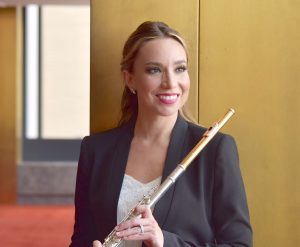
A New Practice Method: Learning Backwards
In my previous article I mentioned the listening and research phase developed by Rob Knopper and Noa Kageyama’s Audition Hacker Bootcamp, which proved extremely helpful
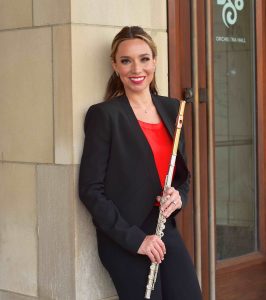
A New Practice Method: Research
Recently, I tried a new preparation technique for preparing orchestral excerpts for auditions. This method was developed by the Audition Hacker Bootcamp spearheaded by Rob
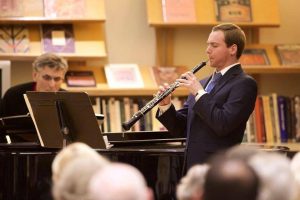
Learning New Pieces
Start practicing far ahead before performances. First I start with listening to recordings of the work. I want to have more reasonable expectations before I
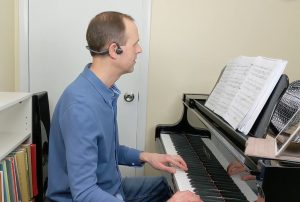
Open Ear Headphones for practicing with a recording.
During this Coronavirus outbreak a lot of musicians are struggling without the ability to play with each other and enjoy music in a chamber setting.
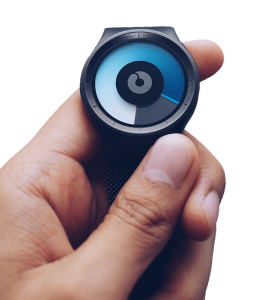
Efficient Practicing Template
Efficient Practicing Strategies: Create a repertoire list with deadlines Assess repertoire difficulty and prioritize newest/most difficult pieces Create a detailed daily practice schedule based on
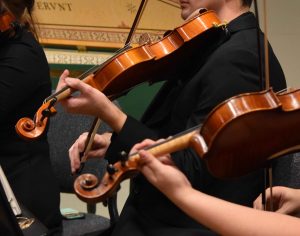
Creating an Efficient Practicing Routine That Works
“Never practice more than three or four hours a day. No one can concentrate longer than that, and you must spend the rest of your
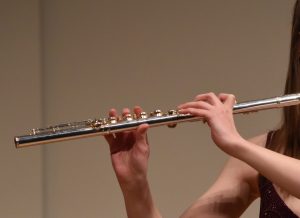
Embracing Imperfection: Learning Standard Repertoire through the Alexander Technique.
An average estimation of the time it takes to master your craft is 10,000 hours. This time can be measured through individual practice, spending time
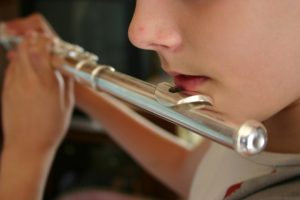
Your Brain: A Computer Without “Delete”
Not long ago I was accompanying a flute lesson taught by Detroit Symphony Orchestra’s assistant principal Flutist Sharon Sparrow. She was talking to one of

